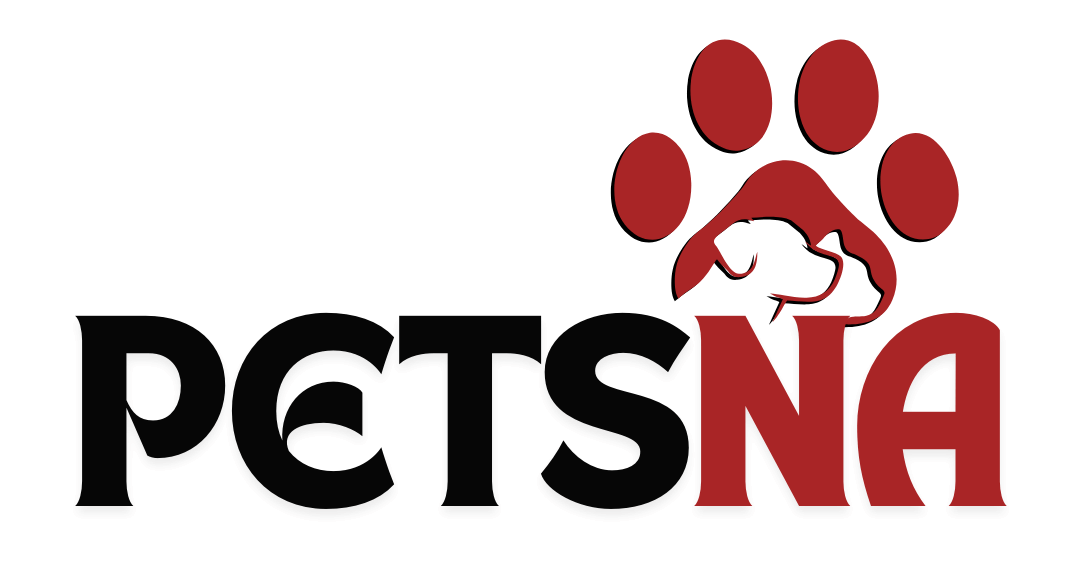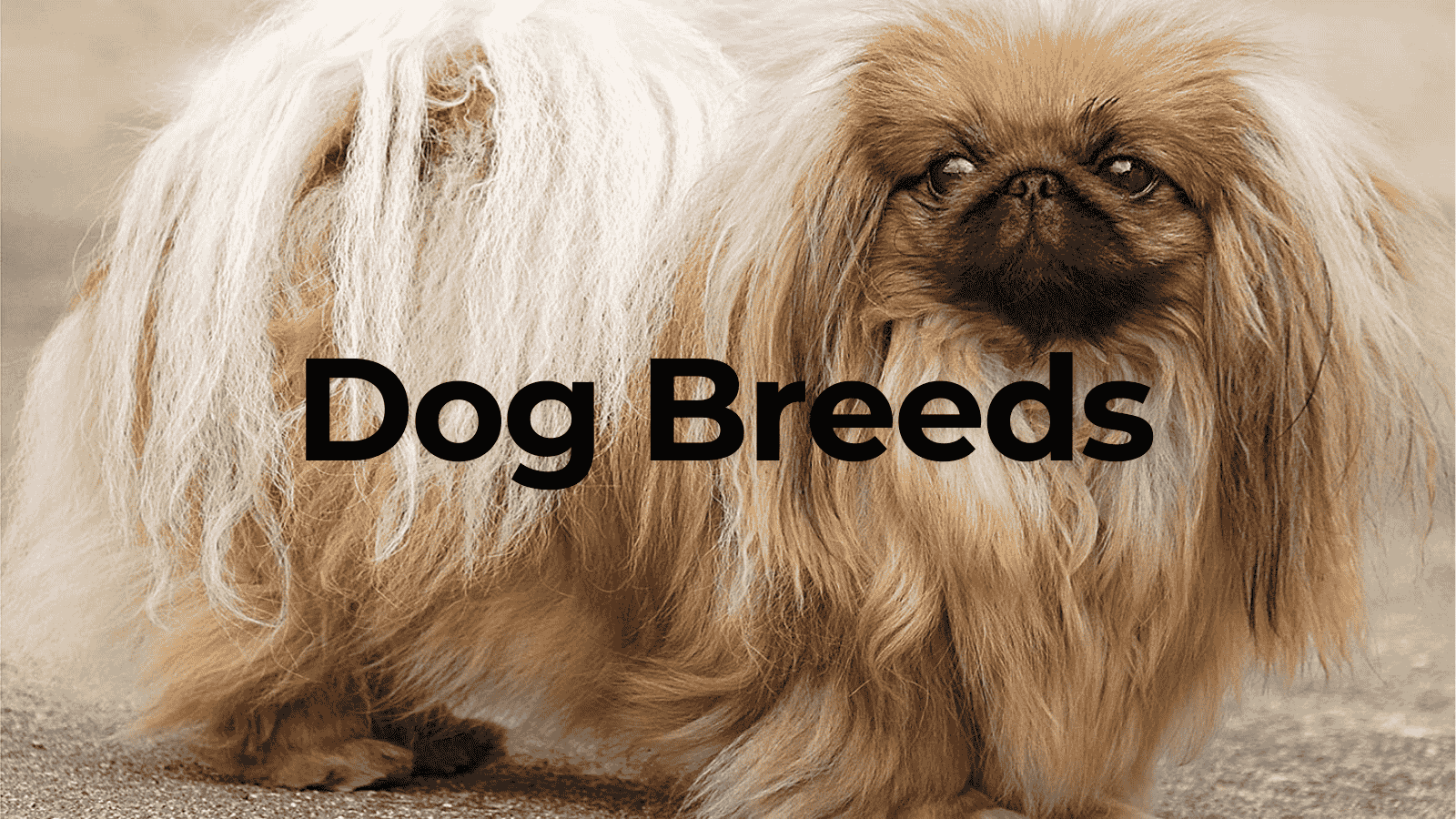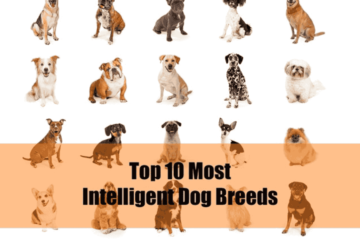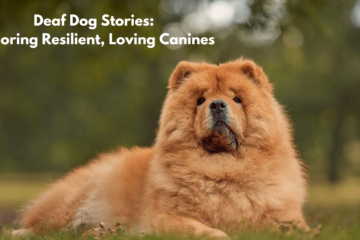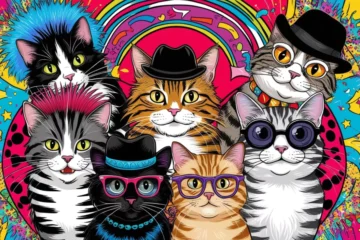Hey everyone! Do you have a problem with itchy eyes and sneezing? Want to learn about the 10 hypoallergenic dog breeds? Get the information you need now!
For many pet lovers, the joy of having a dog can be tempered by one major concern: allergies. As many as a million citizens of the globe suffer from allergies caused by contact with dogs: coughing, the overreaction of the senses, and skin reactions such as rashes.
But if, like many people suffering from allergies, you have always wanted to keep a furry pet, still smile! Although no breed of dog is totally hypoallergenic, certain breeds_lowing_ores are prone to cause allergic reactions as they have lesser amounts of shedding due to the texture of their fur.
Let’s dive in!
Table of Contents
Understanding Dog Allergies
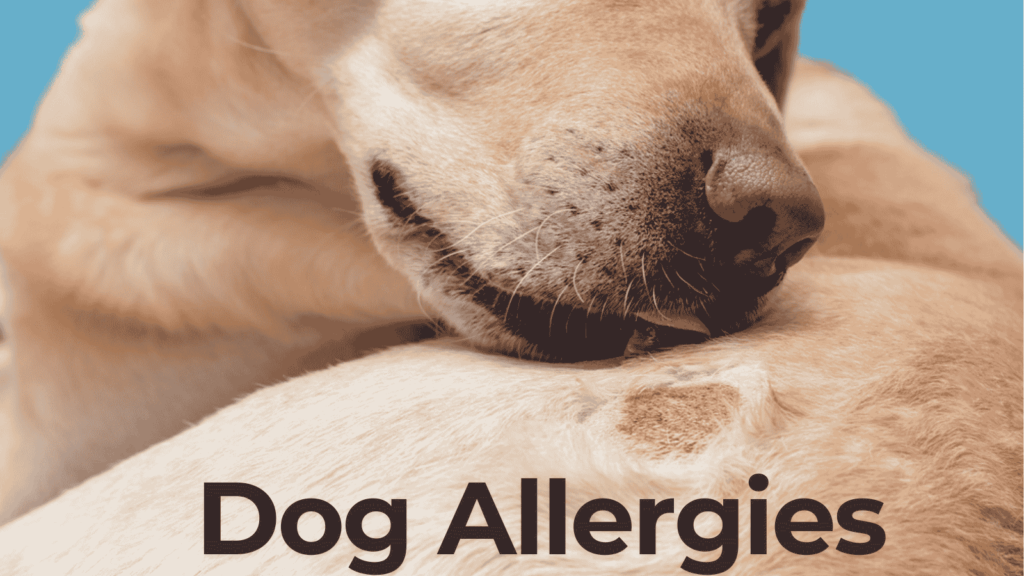
It is important to grasp what causes pet allergies before looking at a list of non-allergic dog breeds.
The major allergen in most dog allergies is Can f 1, which is present in the dog’s saliva, urine, and skin cells. While grooming themselves, dogs slather this protein on their bodies, which can spread to fur and, once airborne, be dangerous to allergic individuals.
Inhalant Allergens
These allergens are usually Inhalant, and thus, some folks might sneeze even in houses where the dog does not shed.
The term fully does not apply to any dog breed because every breed can elicit allergic reactions in some individuals, yet some dogs are less likely to do so because they have little dander, shed very little, or groom themselves in a way that spreads less dander.
Related Searches
- Managing dog allergy in pets can be pretty challenging; this article outlines how one can successfully do so.
- “What causes allergies to dogs in humans?”
- ”Top non shedding dogs for households”
10 Hypoallergenic Dogs
Below are ten non-shedding dog breeds that are less likely to cause unbearable itching and sneezing.
Poodle – Standard, Miniature
Poodles are a favorite example of hypoallergenic dog breeds that most people consider when choosing a dog. Despite their curly and dense coat, it doesn’t shed, which means they keep dander from spreading in the air. This recommendation is necessary to avoid the quick accumulation of itchy and dirty fur coats on them.
PoodlesFor Allergy Sufferers
- Minimal shedding: They do not lose their hair as much as other breeds with fluffy coats, such as the curry.
- Low dander production: The tight curls also tend to keep the dander close to the skin, trapping it.
- Versatility: They can be standard, miniature, or toy sizes, so you can get one for your house size.
- Stats to Justify: According to the American Kennel Club (AKC) index, the Poodle belongs to the list of hypoallergenic dogs, so many families with allergy issues adopt these dogs.
The following video is about dog allergens:
Bichon Frise
Thus, Bichon Frises are also the best dog breeds for people with allergies. These dogs have a soft, fluffy outer layer of fur that does not shed often; however, they do need to be groomed often to avoid hair matting.
BichBichone is also low-shedding, so those with allergies to pet dander will find them fairly easy to accommodate.
Why Bichon Frises Are Great for Allergy Sufferers
- Low-shedding coat: They have better hair, like human hair, than furry like dogs and hence have little dander.
- Friendly temperament: The bichon is actually chaBichonized as intelligent, friendly, and jovial—it gets along especially well with children.
- Non-aggressive grooming: Their coats need grooming regularly, but not as frequently as may be required for other breeds.
Schnauzer: Miniature, Standard
Schnauzers do not shed fur or hair, and therefore, pet Schnauzers are referred to as hypoallergenic dogs.While they are very easy to care for, moderate grooming is needed to maintain this breed’s coat and prevent matting, although they shed quite a lot of hair and produce significantly less dander than most breeds.
Moreover, Schnauzers make perfect company and can become good-mannered stars of flats or houses of any type.
Schnauzers for Allergy Sufferers
- Wiry coat: This breed also has very skin that does not molt, thus minimizing the spread of dander.
- Good for various sizes: They come in miniature, standard, and giant sizes so you can place them anywhere in your home.
- Loyal and energetic: Schnauzers are smart, faithful, and territorial of their territory or area dogs.
Maltes
The Maltese dog is a moderately sized breed that does not lose much hair. Its coat is long, straight, and smooth, making it suitable for apartment buildings.
Maltese are friendly dogs and adore their owners; their non-hypoallergenic coat means less fur in the house. However, their long hair requires frequent grooming to remove hair and tangle shampoos.
Maltese for Allergy Sufferers
- Minimal shedding: The coats are less likely to cause allergies as they resemble human hair.
- Small size: Cyprus are miniature breeds of dogs well suited for confined areas.
- Affectionate and playful: The Maltese dogs are social creatures and are generally loved by many people.
- Stats to Justify: The AKC classifies Maltese dogs as ideal for allergy sufferers because they do not shed their hair and are very friendly.
Shih Tzu
Another hypoallergenic dog breed is the Shih Tzu. Shih Tzus are good dogs for families with allergies because they have long coats to keep them warm, and they do not shed much, which also means they have little dander.
While grooming does need some effort, Shih Tzus would actually be ideal for anybody who wants a small and affectionate dog that won’t give them an allergy.
Shih Tzus for Allergy Sufferers
- Long, non-shedding coat: More specifically, they are long-haired animals, and because of that thick coat, they don’t lose as much hair as other animals.
- Great for apartments: The breed is very tiny, so people in cities may consider adopting it.
- Affectionate nature: Friendly and loving is one of the nicknames given to Shih Tzus.
Yorkshire Terrier
Yorkies have thin, smooth skin like human hair and not like the normal layered skin of dogs. They shed very little, which means they are some of the best pets for allergic individuals.
Yorkshire Terriers are active despite their small frame and prefer a lot of activities as long as they’re with you.
Yorkies for Allergy Sufferers
- Minimal shedding: They let out much less hair and dander into the environment because they have fine hair.
- Small size: Especially suitable for those living in an apartment or small space.
- Energetic and playful: Yorkie people find that Yorkies are playful and energetic dogs.
Portuguese Water Dog
PWDS are considered hypoallergenic because of the dog’s curly, non-matting, water-resistant fur that doesn’t shed often.
They were originally developed for work on fishing vessels, which are very active dogs and love outdoor activities; therefore, they are suitable for families with an active lifestyle. They require ample exercise and mental activity but will be ever-faithful guard dogs.
Portuguese Water Dogs for Allergy Sufferers
- Curly, water-resistant coat: This decreases the amount of hair and dander released into the room.
- Highly energetic: Healthy shoppers, athletes, working parents, etc.
- Loyal and protective: Friendly and loyal puppies, paws of their family, Portuguese Water Dogs.
Soft-Coated Wheaten Terrier
Maybe the mate of this breed had smooth, glossy skin or bushy hair or simply the kind of breed who shed dander. However, for all the poodle breeds, one has to groom poodles often, although he should not be overpowering the dog.
Since they cannot sweat, they may be useful for everybody with skin problems or who faces diseases and illnesses. That is really enough not to indicate who he is—all those people who work in this company are very nice and rather eager to work, men.
It also likes to follow the kids and in the right direction, so it should be trained as a family dog.
Soft-Coated Wheaten Terriers for Allergy Sufferers
- Non-shedding coat: Well, we know people have hair, and their hair grows, grows, and grows; well, you know what that means: much less of their dander falls off!
- Playful and friendly: Folks relate them to enjoyment.
- Good for families: They are friendly dogs and love associating with people, especially their handlers.
Lagotto Romagnolo
Lagotto Romagnolo is one of the oldest dog breeds involved in the search for the Alien truffles. This particular dog has lovely curly hair and is low on allergens; thus, it hardly sheds and produces little dander.
The Lagotto is also a smart and playful breed, which will suit active families with allergies very well.
Lagotto Romagnolos for Allergy Sufferers
- Curly, low-shedding coat: Their hair coat helps minimize allergens within the household.
- Energetic and intelligent: Such children require significant mental and physical activity.
- Loyal and affectionate: They are great family pets.
Basenji
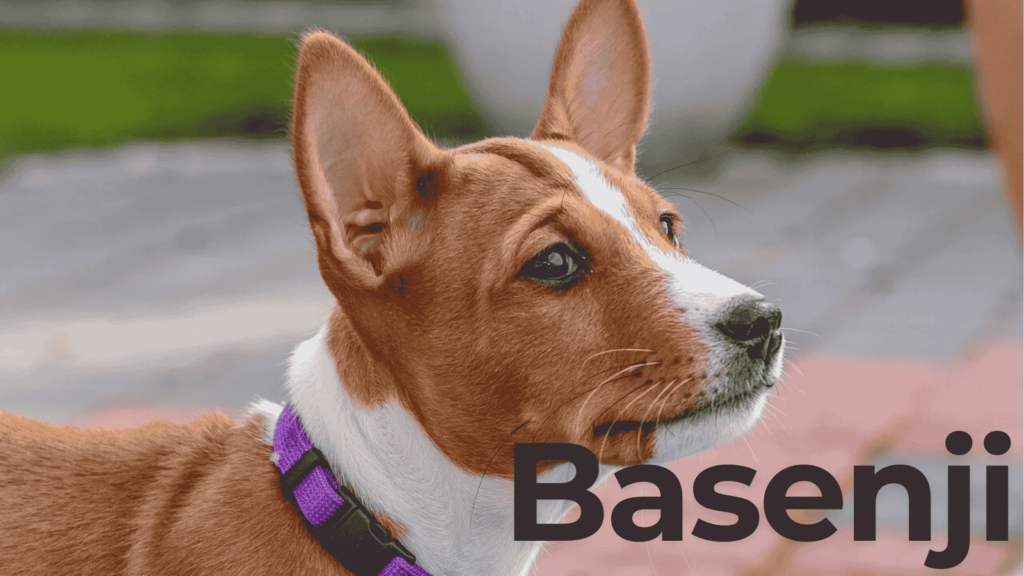
The Basenji employs some special grooming techniques that set it apart from most other breeds. They are unique because they do not have what one can refer to as that dance smell that most dogs have, and they do not shed much.
Their grooming habits are more catlike, though they don’t need the same attention paid to their fur. They are active, which means they love to run; therefore, they will suit active people who want to adopt a hypoallergenic dog.
Basenjis for Allergy Sufferers
- Low shedding: Basenjis, therefore, don’t shed much in an attempt to decrease allergens.
- Clean dogs: They groom themselves like cats and make sure the dander is low.
- Energetic and fun: Basenjis are, therefore, friendly dogs known to be playful and love the outdoors.
Managing Dog Allergies
While the breeds listed above are generally better for allergy sufferers, there are still steps you can take to manage allergies if you’re sensitive to dogs:
- Regular grooming: Infrequent baths or forgetful brushing of your pet keeps its skin shedding or releasing dander.
Conclusion
To sum it all up, no dog breed is a hundred percent hypoallergenic, but some breeds are better for people with allergies because they don’t shed much or produce dander.
The best alternative that pet users who are allergic to animals can opt for is selecting the right breed in order to have a dog as their companion without having to endure allergies. What breed matches your lifestyle?
FAQS
1: To which type of dogs some recommendations can be given to these persons?
There are some theories that Poodles, Bichon frises, and Schnauzers cause less sensitization in some people.
2: One decides that they want a hypoallergenic breed of dog, does it mean that they cannot get any allergic reaction?
No, rather, they are a lot worse at shedding hair and dander than previously used breeds.
3: Possible steps to prevent or control the instances of dog allergens in a house?
That is why hair grows and should be cut periodically, homes or households should be cleaned, and separate air cleaners should be installed at homes.
4: Are hypoallergenic dogs preferable to own if you have children at home?
Interestingly, most of the things that make pets to be considered to be hypoallergenic are friendly and appropriate for children.
5: How should hypoallergenic positions and, most importantly, hypoallergenic grooming be handled?
Grooming is vital for hypoallergenic dogs, who should be bathed every 4-6 weeks.
